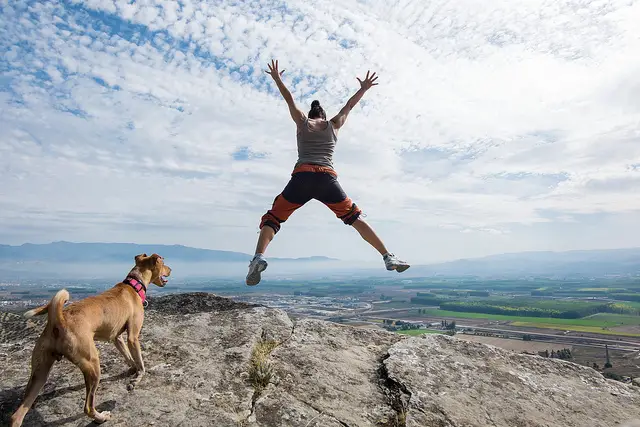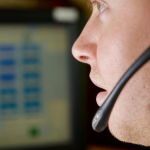Jonathan Dodd’s latest column. Guest opinion articles do not necessarily reflect the views of the publication. Ed
I’ve been thinking this week about leaps of faith. How many times every day, every hour, do we actually stake ourselves or our belongings on things that can only be described as dodgy ground? A scientist I once knew reacted to my statement that at least science is about truth with this. “Science is all about proving yourself wrong. Every experiment starts with an assertion of what should happen. If you’re wrong, you start again. If you’re right, that only means it worked this time”.
History, of course, is littered with the evidence of people proving themselves wrong, usually disastrously for themselves or others, although occasionally something works, or seems to work, for a while, at least. People can make grand gestures based on incomplete or incorrect information. Invading Russia has been the downfall of at least two modern empires, and we should count ourselves very fortunate that D-Day was successful.
There’s nothing but the unknown out there
The success or otherwise of great or small ventures can’t be predicted, because of all the elements involved, only a few can be checked and predicted in any realistic way. You can spend a huge amount of time and trouble building safety systems into your rockets or trains or aeroplanes, or your business ventures or your marriages, but once the countdown starts there’s nothing but the unknown out there.
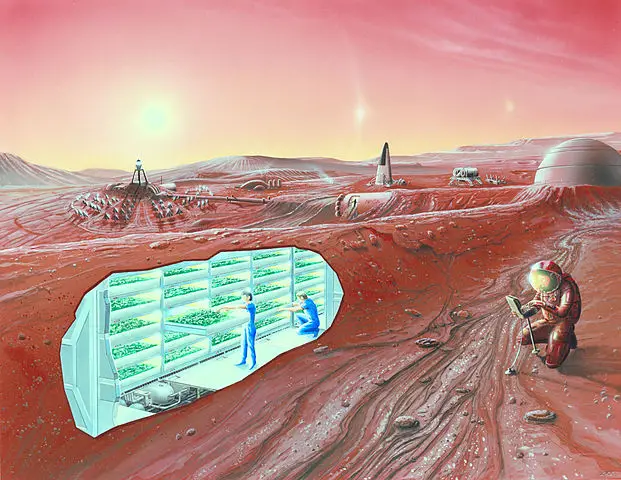
Some people are rather attracted to this idea. Others would rather fry their eyeballs. And of course none of us is binary here. We all take risks all the time, but we’re very choosy in our classification of risk. I’ve known people who wouldn’t even put a small amount on the office sweepstake, but they take on mortgages, or they smoke and drink a lot, or they climb mountains or ride bicycles round London, or they marry strangers in the hope that they’ll live happily ever after. We have different words for all these. Risk and Gambling are two words to describe the same thing.
We take the beating of our hearts for granted
My position on this is that we all take risks. Risks are a fundamental part of the nature of living. People used to pray that they would wake up in the morning. Every night we go to sleep, and we usually never even think about whether we’ll wake up or not. Every day we take the beating of our hearts for granted, and the cleanliness of the air we breathe into our lungs. We drive our cars and cross the road and eat food, trusting that none of these things will harm us.
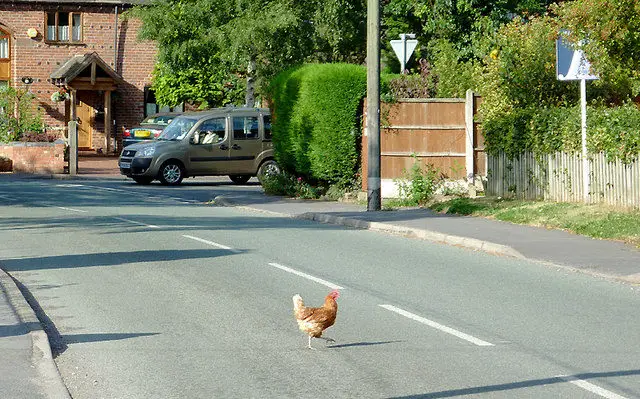
The wonderful thing is they so rarely do cause us any trouble, and that’s why we become accustomed to the risks, which are actually very small. I read an interesting story this week about 9/11. Apparently, for at least six months afterwards, very large numbers of people travelling to or from New York opted to drive instead of flying. You can’t blame them. But in all that extra driving over those months, the number of extra deaths on the roads outnumbered those lives lost in the terrible fall of the Twin Towers.
The trouble is that it doesn’t feel true
I don’t know if this is true or not, but it feels true. It’s like the old saying that its safer to fly than to cross the road. The trouble is that it doesn’t feel true, even though it undoubtedly is. I hear also that old people worry about going out at night, even though the vast majority of attacks on the streets are on young men between 17 and 25. I don’t know why, but the statistics are there.
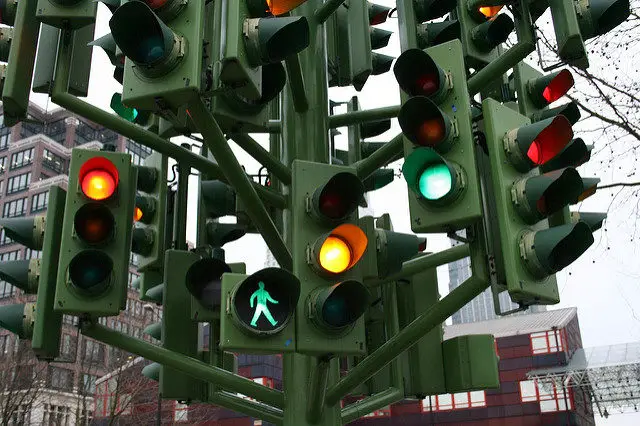
We live complicated lives. Far more than they used to be. And we’re a complicated mixture of sophistication and superstition. We believe ridiculous things to be true and true things to be ridiculous, and we have difficulty telling the difference. Very often there is no certainty, and quite a lot of the time the so-called experts are guessing too. I can’t see any difference between us and our ancestors in this. Where they had little information and had to believe what they were told, we are deluged with untreated information, so we can’t tell the difference between truth and lies.
It’s all about how we deal with risk
In the end, we can only sit down and try to work it out for ourselves, in the knowledge that we aren’t likely to get to the absolute bottom of anything. Some of us acknowledge our ignorance, some just ignore things we can’t understand, or decide that what we feel is the most important thing, and some look around for a creed or a voice that makes us feel safer. And we cling to that as if our lives depend on it. It’s all about how we deal with risk.
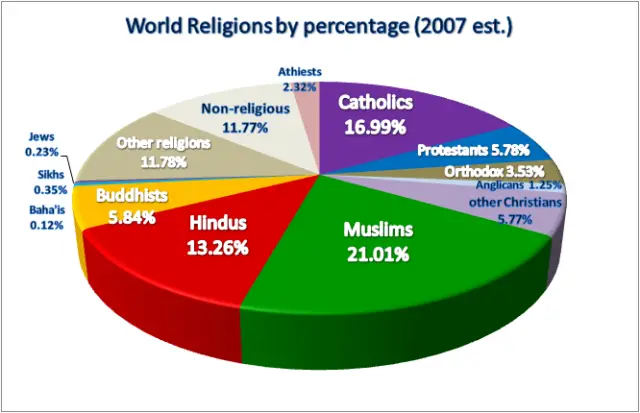
There’s no perfect way, so I can’t blame or criticise anyone for following any of these paths. I can see one specific difference between people though, which I will plant like a flag in front of me and defend to the end. The difference between all of these groups and beliefs is crucial for us as individuals and as a species. It’s all about tolerance.
We don’t know anything
If a group gathers together because of a collective belief, I’ll fight to the death to defend their freedom to do so. But if that group refuses to accept that others have a right to believe something different, then I have a problem with them. Nothing annoys me more than a person who insists that they hold the truth and everyone else is wrong. I can’t imagine anything more ridiculous than someone standing up and explaining that the thing they believe is utterly true and is actually the only truth.
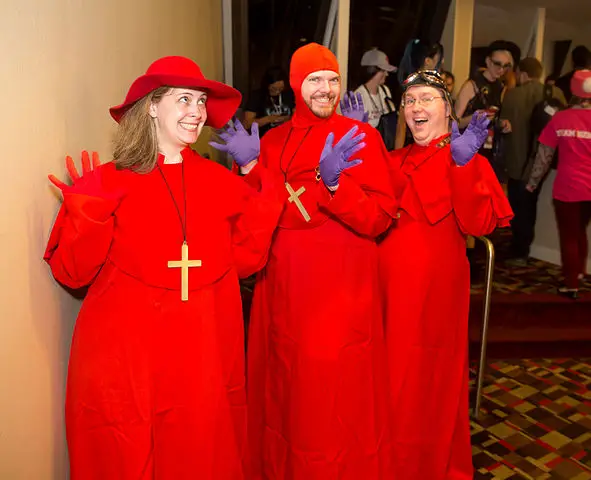
I know people go on about freedom of belief, and I support that completely. But these people are ignoring one of the fundamental truths about people and about life, which is that we don’t know anything. We can decide which path to follow, or what to believe, but we must never lose track of the truth that we picked that path or that belief instead of any number of others that have just as much chance of being true or being a load of made-up fairy stories.
I can offer no evidence to support my beliefs
The thing about me is that I believe what I believe, and I believe it passionately, but I know that I could never persuade anyone else to agree with me. This is because I know perfectly well that I could be completely misguided, and, crucially, I understand that I can offer no evidence to support my beliefs. Every belief system, religious or otherwise, is in exactly the same boat. Some dress themselves up in logic or in principles, like the idea of equality, and some look to an unknown and unknowable other force that can magically change the odds in our favour.
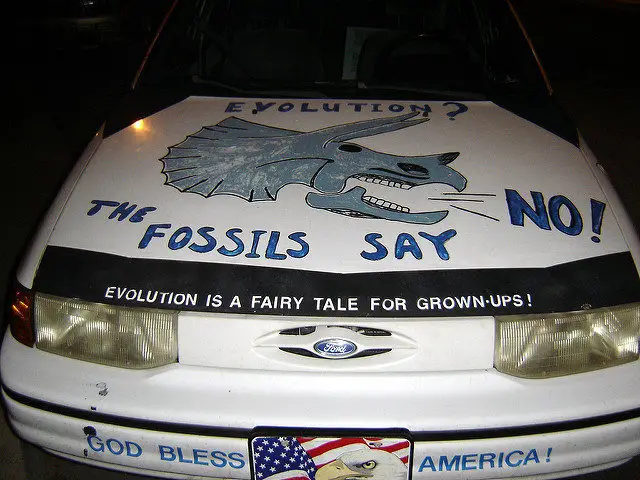
I can see that many of the organisations that spring up around these beliefs are well-meaning, and many do some good in the world. I applaud this activity, without understanding why these people need to belong to a religion to practise what NGOs in all the darkest parts of the planet do because they’re good people.
How do we make this leap of fear?
The problem here is that all those dark places are caused by people in groups who disagree with other people in other groups to the extent that they feel it necessary to kill each other. How do we make this leap of fear? How do we make such great mistakes that we lose track of the good things that make us explore the world and all the ideas that teem out there, and then shut down everything except one single idea? How do we travel from faith and hope and excitement to ruthless hatred and killing?
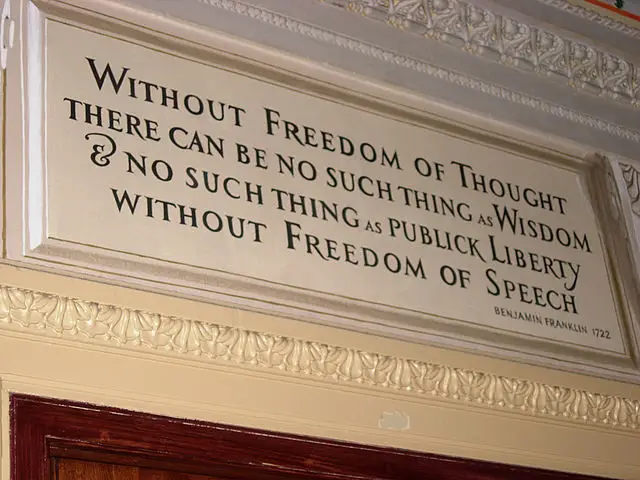
So often, wars that are started with religious fervour end up with both sides disavowing that anything they did was anything to do with their religions, that they were hijacked by the bad behaviour of the other side. So often we do what we want to do. If we succeed, we’re full of pride in ourselves. If we fail, we look around for someone to blame. And we do everything we can to conceal our shame.
Even if they can’t see the humanity in me
I hope that I don’t do that. I would like to think of myself as someone who can see the humanity in others even if they can’t see the humanity in me. I would like to think that I would fight to defend their right to believe something that’s different from my beliefs. I would like to believe that they would do the same for me. That’s the world I want to live in. That’s the sort of world view that underpins my beliefs.
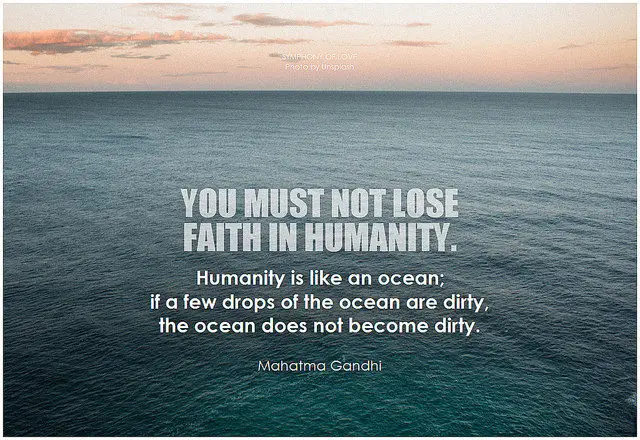
I’d like to think that if a crisis came, my beliefs would direct my behaviour, rather than allow my behaviour to ignore and contradict my beliefs. But then I take belief seriously.
If you have been, thank you for reading this.
Image: javmorcas under CC BY 2.0
Image: NASA Ames Research Center under CC BY 2.0
Image: Roger Kidd under CC BY 2.0
Image: martinrp under CC BY 2.0
Image: The Green Editor under CC BY 2.0
Image: Terry Robinson under CC BY 2.0
Image: amywatts under CC BY 2.0
Image: k_donovan11 under CC BY 2.0
Image: pictoquotes under CC BY 2.0

